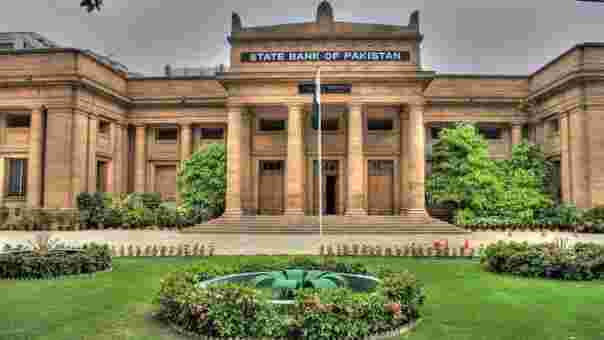Karachi, January 12, 2025 – The State Bank of Pakistan (SBP) has launched the third edition of the National Financial Inclusion Strategy (NFIS) 2024-28, designed to further accelerate financial inclusion and economic empowerment across the country.
The NFIS 2024-28 builds on the progress achieved under its two previous iterations and aims to address enduring challenges in financial inclusion while leveraging advancements in digitalization to spur innovation.
Key Priorities of NFIS 2024-28
According to the SBP, the new strategy prioritizes:
1. Expanding Access to Digital Financial Services: Enhancing the availability and usage of secure, user-friendly digital financial services.
2. Strengthening Ecosystems for Priority Sectors: Promoting financing for key sectors, including SMEs, housing, agriculture, microfinance, and sustainable finance.
3. Empowering Underserved Segments: Focusing on vulnerable groups, particularly women, youth, and persons with disabilities, in underserved and unserved areas.
The ultimate goal is to foster inclusive economic growth, reduce poverty, and enhance the well-being of low-income and marginalized populations.
Ambitious Targets
The SBP has set ambitious targets for the NFIS 2024-28, aiming to:
• Increase the level of financial inclusion to 75% of the adult population by 2028.
• Reduce the gender gap in financial access to 25%.
These targets align with global commitments, including the United Nations Sustainable Development Goals (SDGs), where financial inclusion is recognized as a key driver for achieving objectives like poverty reduction, gender equality, and economic empowerment.
Achievements Under Previous Strategies
Since the launch of the first NFIS in 2015, Pakistan’s financial inclusion rate has risen dramatically, with the share of adults having a bank account increasing from 16% in 2015 to 64% in 2023. Key contributors to this success include:
• Asaan Digital Account: Simplified processes for opening bank accounts.
• Asaan Mobile Account: Enabled access to financial services through mobile phones.
• Raast Payment System: Provided a fast and secure digital payment infrastructure.
Challenges Ahead
Despite significant progress, challenges persist. A cultural preference for cash remains a barrier to expanding digital financial services, particularly among underbanked populations.
The SBP’s Banking on Equality Policy (BOE) has made strides in bridging the gender gap. As of December 2023, 31 million women held bank accounts compared to just 13 million in 2018, reducing the gender gap from 47% to 34%.
A Path to Inclusive Growth
By addressing persistent bottlenecks, embracing digital innovation, and empowering marginalized groups, the NFIS 2024-28 aims to drive Pakistan toward inclusive economic growth. With continued efforts, the SBP and Government of Pakistan are well-positioned to transform the financial landscape, making it more equitable and accessible for all citizens.
